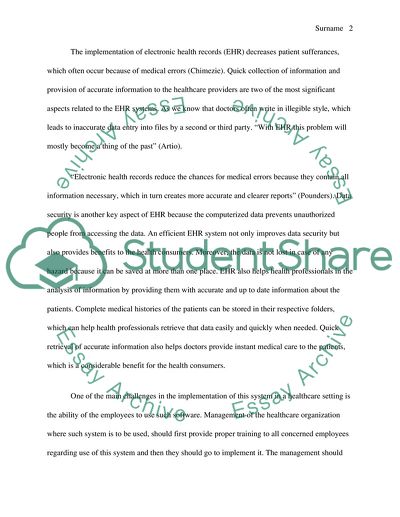Cite this document
(Electronic Health Records Implementation Research Paper, n.d.)
Electronic Health Records Implementation Research Paper. Retrieved from https://studentshare.org/health-sciences-medicine/1761416-electronic-health-record-erp-implementation
Electronic Health Records Implementation Research Paper. Retrieved from https://studentshare.org/health-sciences-medicine/1761416-electronic-health-record-erp-implementation
(Electronic Health Records Implementation Research Paper)
Electronic Health Records Implementation Research Paper. https://studentshare.org/health-sciences-medicine/1761416-electronic-health-record-erp-implementation.
Electronic Health Records Implementation Research Paper. https://studentshare.org/health-sciences-medicine/1761416-electronic-health-record-erp-implementation.
“Electronic Health Records Implementation Research Paper”, n.d. https://studentshare.org/health-sciences-medicine/1761416-electronic-health-record-erp-implementation.


